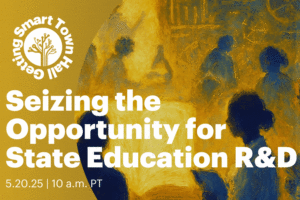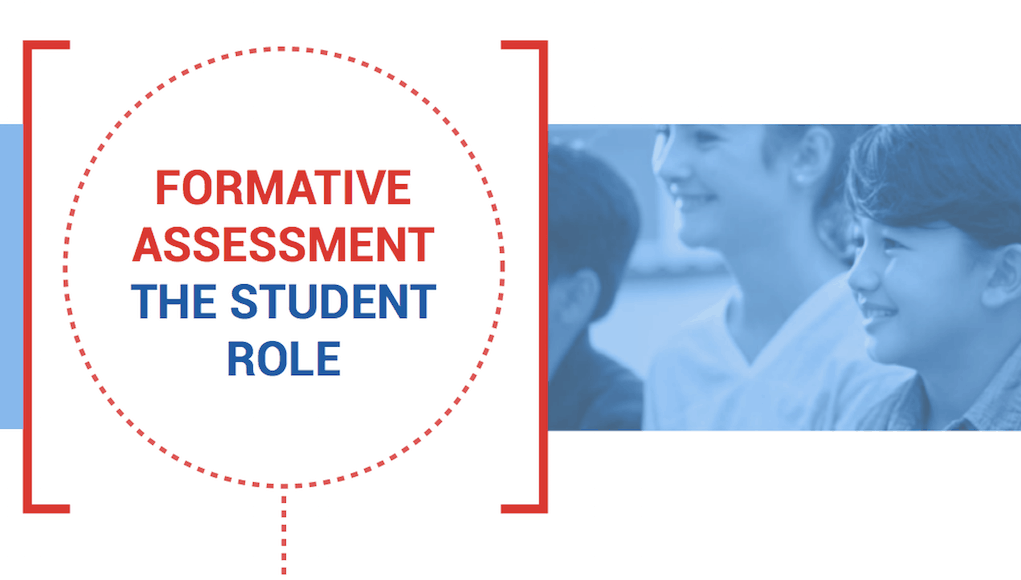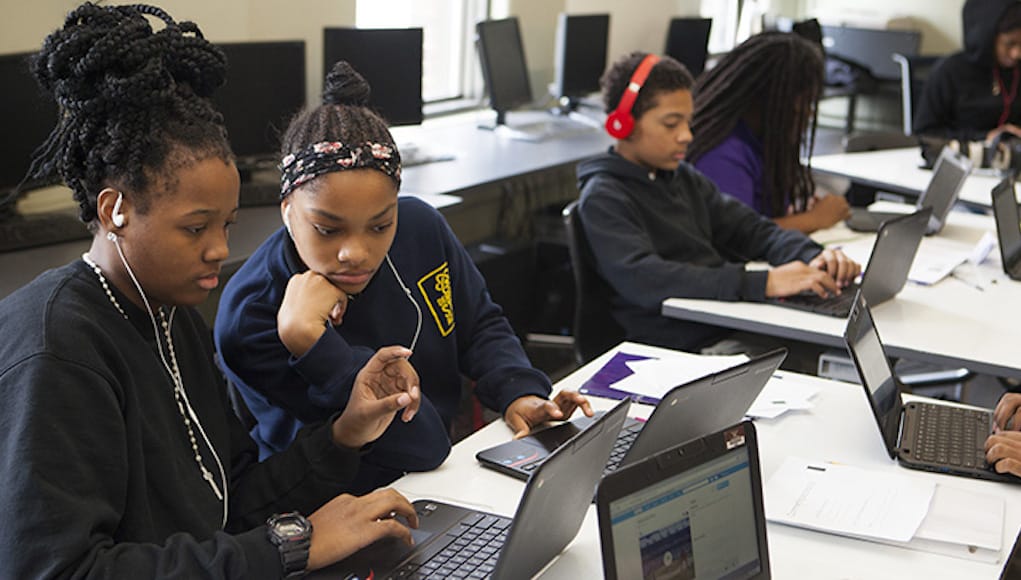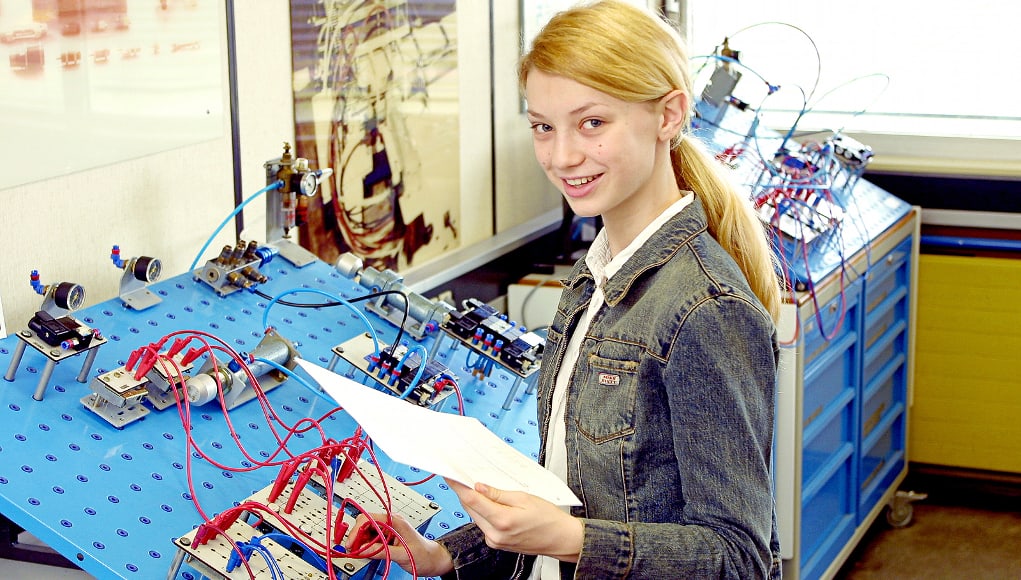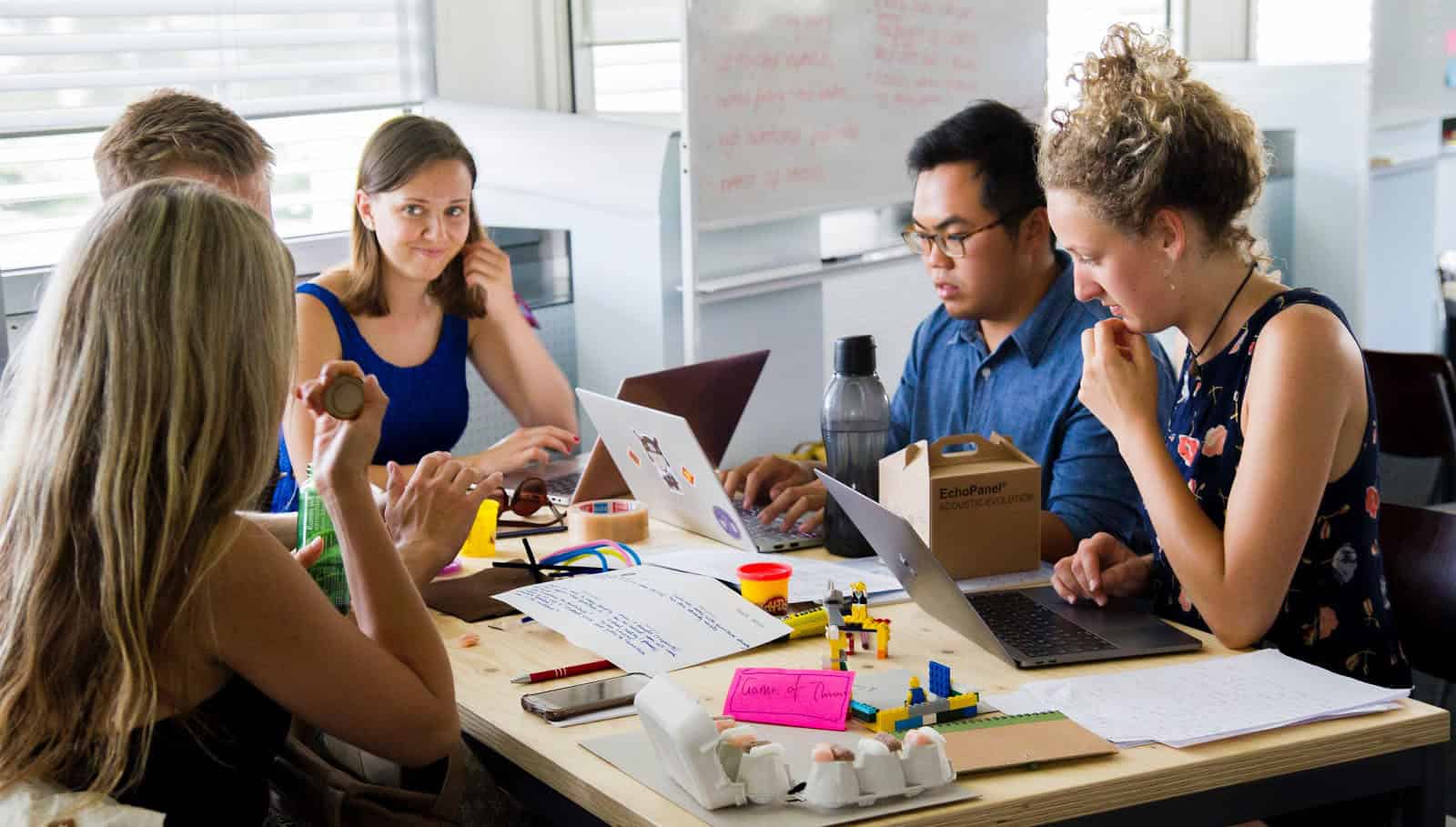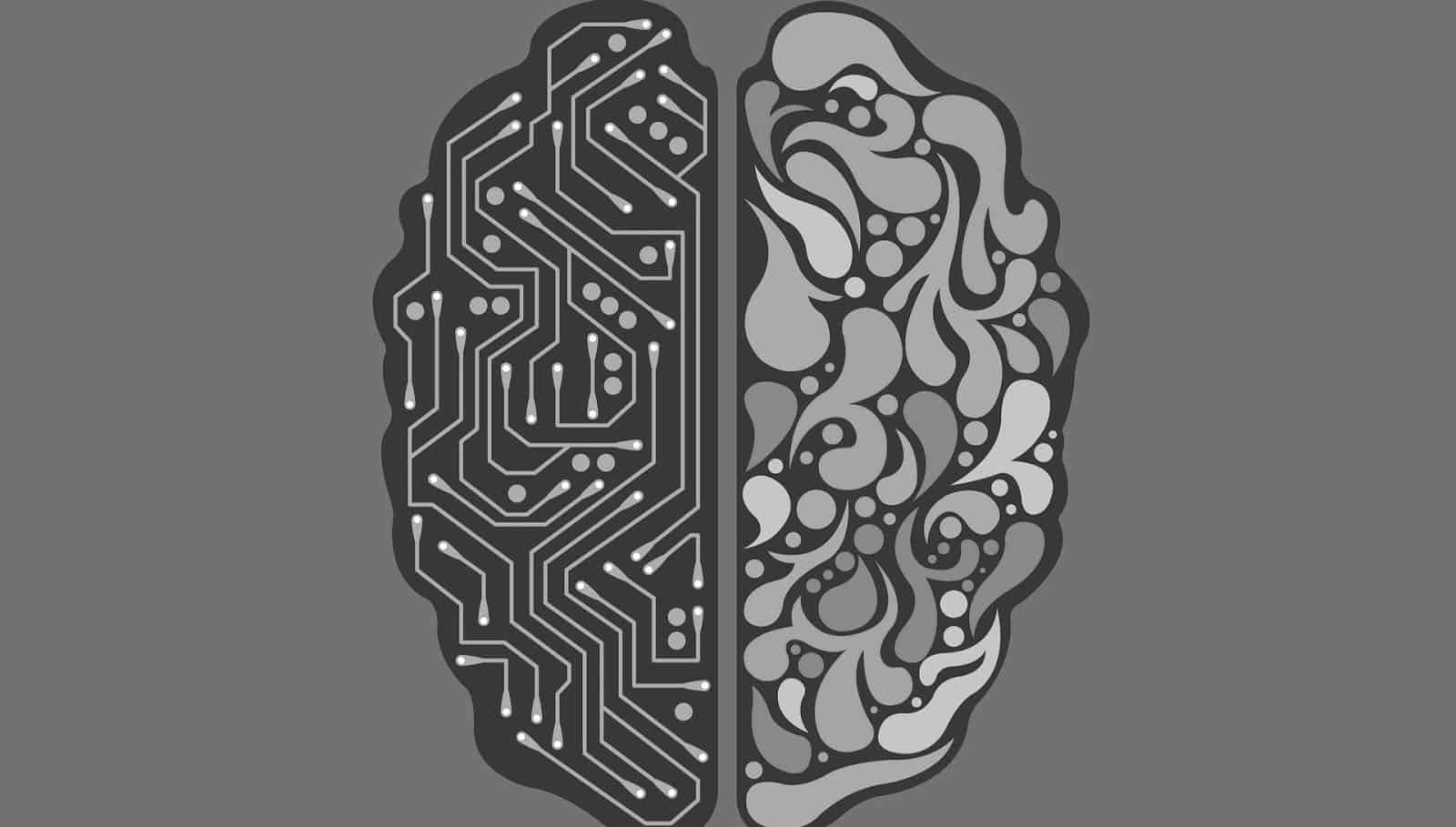Project-Based Learning
(PBL) is an instructional approach where traditional, direct classroom instruction and tests are replaced by authentic, often interdisciplinary projects, usually designed by the student with guidance from instructors/coaches, addressing real-world problems as the assessment instead of a test. It also is closely related to deeper learning, challenge-based learning, interest-based learning and more.
Preparing Students for Future Work: What is the Gig Economy?
We can help prepare students for the new gig economy by offering more opportunities for them to explore and create, through opportunities to not only explore the types of jobs available but also job shadow to learn firsthand, the qualifications and skills that may be necessary.
The Problem With Responsible Students
Students with agency, on the other hand, are not responsible in the sense that they have embraced the agenda of the adults and comply with it, rather they are reliable and cooperative in pursuing their learning.
The Student Role in Formative Assessment: How I Know Practitioner Guide
One of the key distinguishers of formative assessment lies in the relationship between a student and teacher in the shared ownership of assessing what students know and are able to do. This guide can help practitioners of formative assessment develop and hone that shared ownership.
Fueling a Vision of Student-Centered, Personalized Learning through Student Voice
My challenge to myself - and to all of us - today is to ask a handful of kids these two important questions: What do you want to learn? What do you want to do?
The Keys to High Quality PBL: Public Products and Presentations of Work
Public products and presentations of student learning are key to truly high quality PBL. One way to engage students in publicly presenting their projects, products and learning is through exhibition nights.
Design Thinking and Other Learning Priorities to Educate Today’s Students for the Coming Automation Economy
For young people facing novelty and complexity, critical attack skills include design thinking, project management, data science, and delivering in teams. Here's how we can give them those skills.
How Does Project-Based Learning Prepare Generation Z for the Future?
By: Breanna Reynolds and Nicholas Martino. As an ever-connected civilization in need of quick thinkers, problem-solvers and innovators for our future, it is imperative we consider how to best prepare this cohort for these radical shifts.
How Are We Training Today’s Students for the Growing Gig Economy of Tomorrow
Having spent the last ten years trying to adapt to the changing economy, Andrew Larson shares the lessons his New Tech Network school has learned during their Project-Based Learning journey that they have felt prepares students for the Gig Economy and a changing world in general.
The Value of the Human in an AI World
Let’s start with that first question about preparing our students to contribute. Let me ask you this: what value does a human add to an automated world? The key thing to remember is that AI exists because we birthed it.
Training Today’s Learners To Be The Hired Guns Of Tomorrow
Our students will need to continually learn about and apply current developments in technology, global collaboration, market opportunities and emerging industries to win in this new economy. How do we give students both the mindset and the skillset to not only survive, but to thrive?


